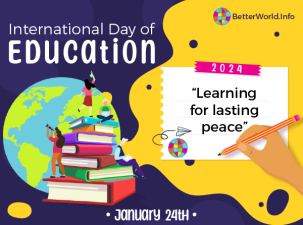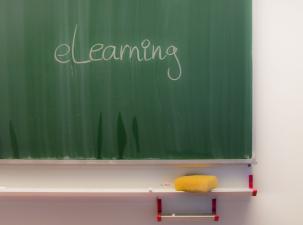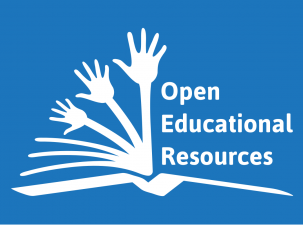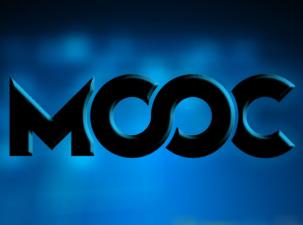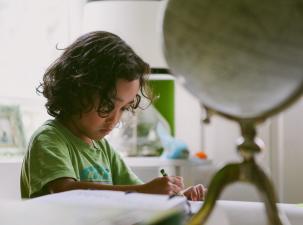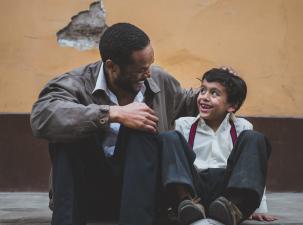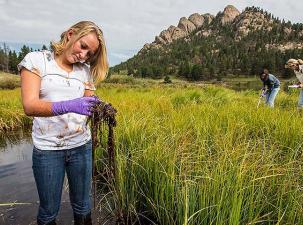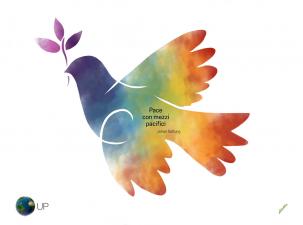Education
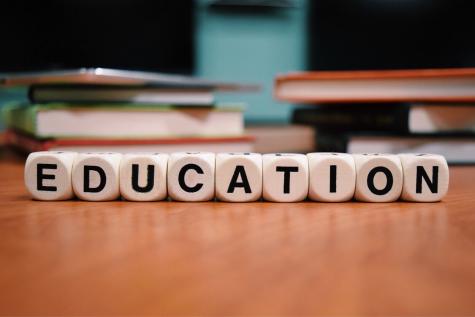
➡️ EDUCATION Guide
"Education is the most powerful weapon that you can use to change the world."
With these words, Nelson Mandela described the huge significance of education and knowledge, and the power it gives us to help make the world a better place.
Better World Info’s ➡️ platform for education is home to over 6,500 links on essential resources, news, tools for learners and educators, as well as educational information focused on global issues such as environmental and peace education.
➡️ Click here to jump straight to essential resources, schools, universities, and exemplary people in education. Explore our excellent guides on peace education, environmental education, climate education, and human rights education,
This resource is an excellent tool for free and trustworthy information. A recipient of the Comenius-EduMedia Seal of Approval in 2000, Better World Info is here to support global education for all.
In 2020, only 58% of young people completed upper secondary school globally. 31 million girls of primary school age are not receiving education, 17 million of them will never enter a school in their lifetime.
Education is the window to opportunity, employment, independence, and massively reduces the chances of people experiencing poverty and hunger. With women facing additional barriers to education, the 4th Sustainable Development Goal could not be more important.
Where can I get Background Info on Education?
An excellent place to start for new learners, new teachers, and those interested in the field of education. Find a wealth of information on various important topics including education as a universal human right, and as a tool for ensuring sustainable development and reducing inequality.
Learn about important awareness days in such as Teachers Day and International Day of Education, and excellent awards such as the Global Teacher Prize, celebrating the life-changing impact that educators have. Better World Info has a special section dedicated to inspiring mentors, educational reformers, and those fighting for the education of girls. As well as the generous funders and philanthropists driving positive change.
Discover the magical world of libraries, and how education is changing with technology. The Coronavirus pandemic opened up the world of e-learning making education much more accessible. Open education has removed many barriers to education as well, making resources, courses, and learning materials freely available.

Where can I find News on Education?
Keeping up to date with the latest developments in global education has never been easier. Better world Info has compiled the most reliable and informative media sources for education news.
Find newspapers, magazines, blogs, and social media covering key issues such as education in developing countries, education during conflict, girls' education, teachers’ strikes, student debt, inequality, and much more. Our brilliant Twitter lists on education are a must for up to the minute developments.
Where can I learn about Education in Schools?
Better World Info provides a wide range of resources on schools for both teachers and pupils. You will find categories dedicated to school subjects including STEM education and gender education.
Extensive information is available on international schools, violence in schools, bullying and cyberbullying, and the implications of military recruitment in schools. Explore a huge category featuring alternative schools such as Montessori and Waldorf, and even a section on home schooling.
Who are the Top Universities?
Sorted by region, you will find comprehensive guides on universities around the world. Learn about tuition fees, rankings, and compare courses.
Students can browse a separate category filled with useful resources on student unions, movements, grants, support groups, and financial aid. With huge barriers in place for low-income students in every country, getting the right information is essential.
In the USA, 89% of drop-outs come from low-income backgrounds. First-generation college students in particular face extra challenges. Find the top universities attracting the economically disadvantaged, and advice on taking your course to completion.
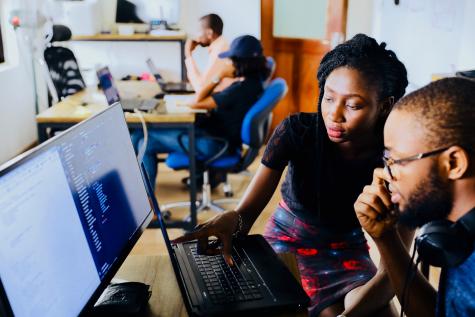
What is Adult Education?
Our world is constantly evolving, as are humans, and our desire to continuously develop ourselves. The concept of lifelong learning started in the 60’s.
Education does not necessarily end with school, studies, or the profession you have chosen. You can continue your educational path at any point in your life, even post retirement.
Learning new skills, developing old ones, and in turn gaining great satisfaction can all be achieved later in life.
At Better World Info you can find out more about adult education and literacy. There is a brilliant guide featuring the important organizations in adult learning, as well as comprehensive resources covering civic education, popular education, critical consciousness, and even inspiring TED Talks.
Data collection by Eurostat in 2021 found that 10.8% of people aged 25-64 were in some form of education or training. With levels of adult literacy and numeracy low, even in developed countries, removing barriers to adult learning such as accessibility and financial costs is vitally important.
7 ways to use Education for a Better World
1. Peace education - Better World Info is the place to find information on peace education. There is a complete list of the incredible people, organizations, and projects working for, and supporting peace education, as well as a huge resource on teaching materials, made especially for educators.
Discover detailed information on peace education courses available to under- and postgraduates, as well as shorter courses, events, workshops, and even online learning opportunities in this area.
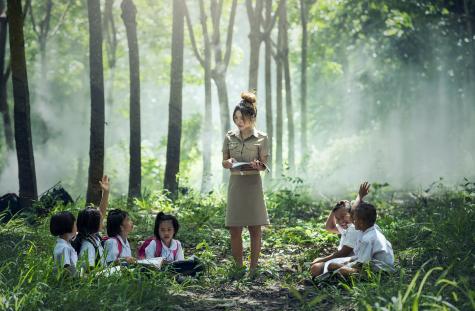
2. Environmental Education - Never before has the need for climate and environmental education been so essential. We are currently experiencing the effects of a global climate crisis. More than ever, it is necessary to adapt education to prepare future generations for the challenges to come, and to explore potential solutions.
Climate education empowers those living on the frontlines of climate change. With the knowledge, skills, and behaviours needed, we can help millions of people adapt to this global emergency. Current and future generations need to have a deeper understanding of the issues at stake when it comes to climate change. Populations who understand the causes and risks of our changing climate are able to build resilience, drive forward the energy transformation, unlock national potential for economic growth, strengthen locally driven research, and engage with Indigenous solutions.
Many of us have sadly lost our connection to nature - it's time to reconnect. Students can learn to protect the environment, live more sustainably, and understand the changing world around them. Find key educational resources, organisations, and much more.
3. Human Rights Education - Understanding our fundamental human rights is the first step in the defence of these very rights. Human rights studies empower learners, and sow the seeds for the world's future lawyers, campaigners, defenders, and aid workers.
Find top organisations, colleges, scholarships, internships, graduate programmes, and resources for schools. Better World Info stands up for human rights. It provides a huge toolbox, with over 48,000 links available, and growing - Knowledge is empowering.
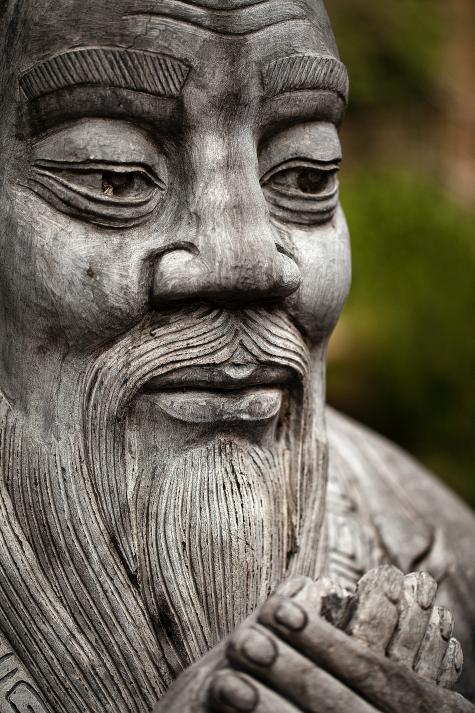
4. Philosophy - The ideas and concepts explored in philosophy teach us valuable life skills such as problem-solving, observation, intuition, and critical thinking. It is the study of existence itself, and can therefore help us to answer life's big questions.
Discover our selection of brilliant philosophers from the past and their wise lessons for the future, as well as further reading on humanism, ethics, virtues, and political thinkers.
5. Religious Education - Teaching religion and ethics is an important tool in conveying different perspectives, and understanding other cultures and traditions. Better World Info provides extensive information on individual religions, spirituality, atheism, agnosticism, and even materialism.
You will find useful resources on building religious tolerance, respect, and understanding. Interfaith dialogue is also highlighted as a tool for promoting positive relationships and acceptance. Religious freedom, oppression, and discrimination are also included in this enlightening guide.
6. Health Education - On the topic of health, you will find thousands of carefully selected links chosen by a physician. This includes in-depth coverage of the world's most common diseases, and also a huge category dedicated to healthy living.
Find categories on pressing issues such as obesity, smoking, sanitation, HIV, and even assisted dying. You will also find the world's single largest guide on COVID-19 with a total of 18,000 links. A truly invaluable tool.
7. Financial Education - Financial matters concern each and every one of us, however, they are often left unexplained by standard curriculums.
School leavers are often totally unprepared for the real world, which is why financial education urgently needs to be expanded. Learners should be aware early on, that for example, loans must be repaid with interest, and credit cards can either build or destroy your credit rating.
With a lack of understanding, it is easy to see why many could fall into the debt trap. Better World Info also provides informative links on the global financial system. This includes the financial crisis, tax issues, risks, and fraud.
Key issues such as globalisation, inequality, austerity, tax dodging, and monopolies can all be found under the category capitalism.

8. Civic Education - Low turnout among young voters signifies that civic education needs a bigger focus in schools. Lack of desire to vote, and political apathy correlates strongly with a lack of education.
Democracy becomes seriously threatened when large sections of society do not participate politically. This is especially an issue in the US. Check out our Presidential election voters' guide which covers issues such as voter suppression, election fraud, negative campaigning, and information for specific voter groups.
Without sufficient knowledge of politics, and how in a very real sense it affects everything around us, it is difficult to imagine how your single vote would count. Basic political awareness and the appropriate resources can help young people evaluate and classify political events themselves.
Better World Info provides an extensive toolbox of easy to navigate political information, it can be used both as teaching material and for self-education. You will also find access to excellent independent news platforms who discuss political events without bias.
Education in the Digital Age
Social media has become ingrained into our everyday lives - almost everyone now has access to Facebook, Instagram, Twitter etc. These new media platforms often do not reflect reality, and therefore more critical awareness and media literacy is vital in order to avoid issues such as disinformation.
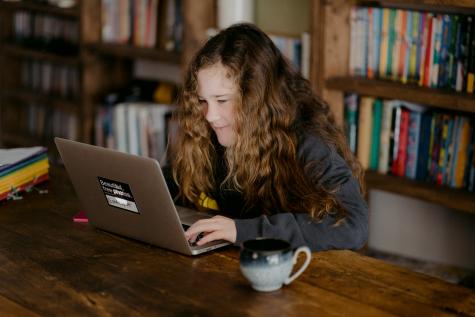
When processing information found on social media, caution is always advised. Fake news spreads incredibly quickly on the internet. We must never forget that these platforms are NOT news media, all information is derived from ordinary people.
Better World Info offers excellent guides on how to navigate social media in a healthy and productive way. Issues with filter bubbles, data protection, and mental health are becoming more and more common with improper use.
Find out how to get the most out of it, access free online courses, and even use it for campaigning and advocacy.
Access to, and the availability of E-learning and MOOCs (Massive Open Online Resources) has grown exponentially in recent years. Digital education has become a flexible, and often free way to enable learning, for many students it has now become the norm.
Better World Info's Afterthoughts on Education
Better World Info embraces education in all its forms, and works to be the best tool in supporting educators, students, and those new to learning. The content is provided freely, to assist those who seek knowledge, and to those who want to use it to help change the world.
The importance of closing the gender gap in education should not be understated. There are 774 million illiterate people in the world – two-thirds of these are female.
We must focus on removing barriers to girls' education whether it be sanitation, drought, conflict, societal norms, child marriage, child labour, cost, or distance.
The doors of opportunity need to be open for everyone. To allow the adults of the future access to the knowledge, skills, adaptability, and confidence to face the challenges to come, education must become a priority.
We all have a fundamental right to education.
For German speakers, we recommend checking out the German education platform where you will find 4,500 links on schools, universities, science, adult education, libraries, education policy, philosophy, and a lot more.
Author: Rachael Mellor, 13.12.22 licensed under CC BY-ND 4.0 (Updated 07.11.24)
For further reading on Education see below ⬇️
Info on Education
- General Info[666]
- Education News[46]
- Schools[1122]
- Universities[269]
- Adult Education[235]
- Peace Education[515]
- Environmental Education[169]
- Human Rights Education[75]
- Philosophy[595]
- Citizen Science[40]
- Exemplary People
Hot Topics
Twitter list
Tweets by @BetterWorldInfo/lists/education1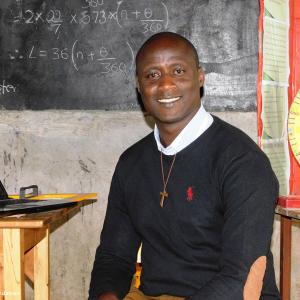
Hero of the Month
Peter Tabichi
He’s the 2019 Global Teacher Prize laureate, this admirable teacher is the first African to win this prestigious recognition. He’s a math and science professor, that works to turn his community school into a place where children can find direction and encouragement to pursue a brighter future, despite the difficulties they face in rural Kenya.


Featured Online Resource of the Month
Right to Education Project
The Right to Education Project promotes mobilization and accountability based on the right to education and building bridges between the disciplines of human rights, education and development. Through their site, you can find information on international law, international implementation, key issues and using rights in practice.
